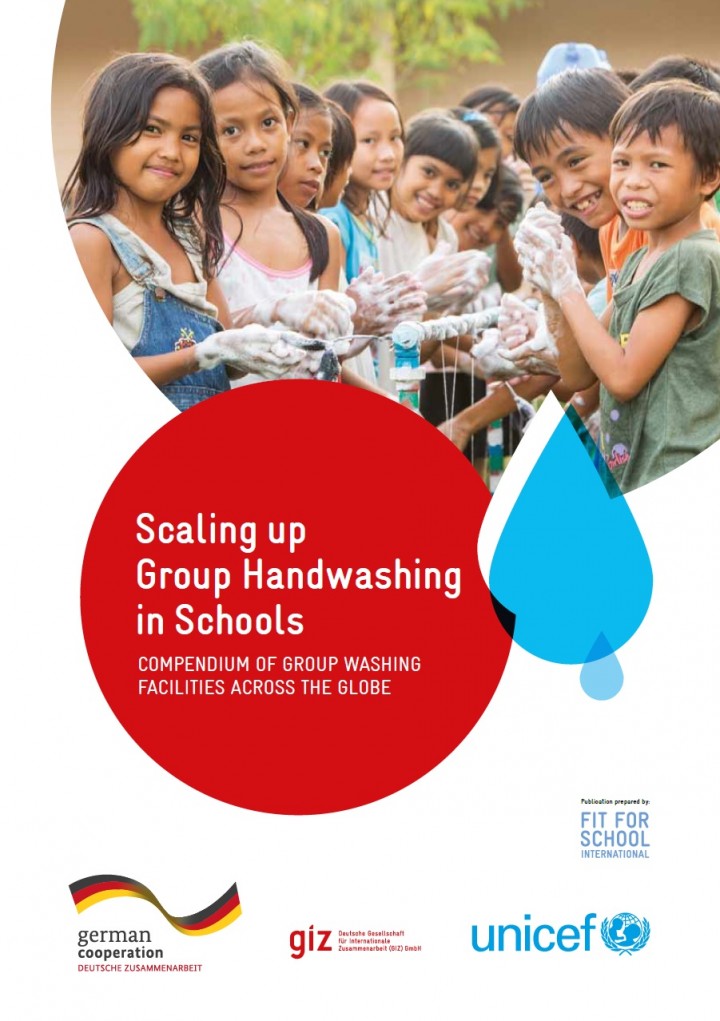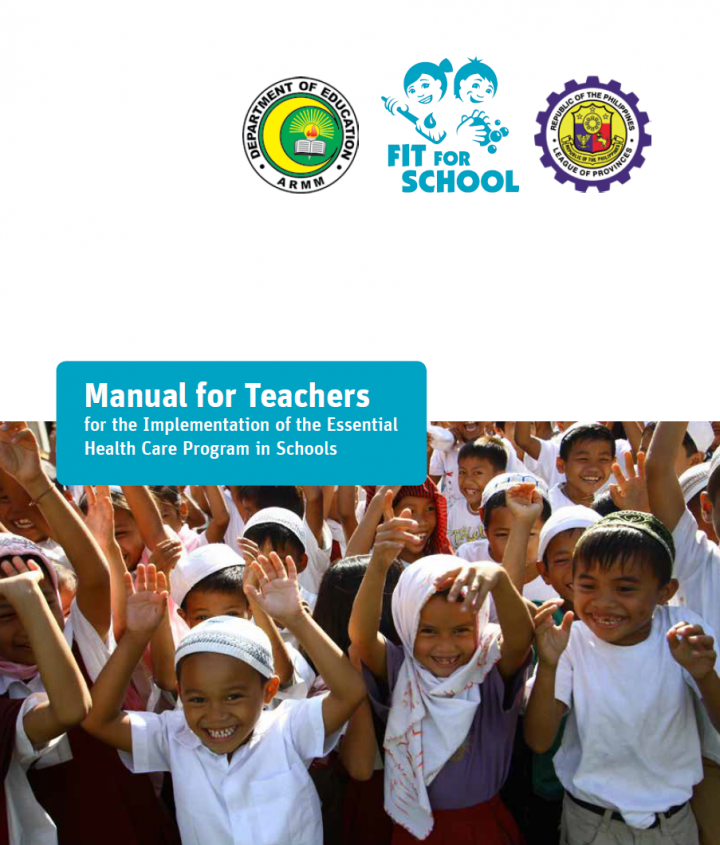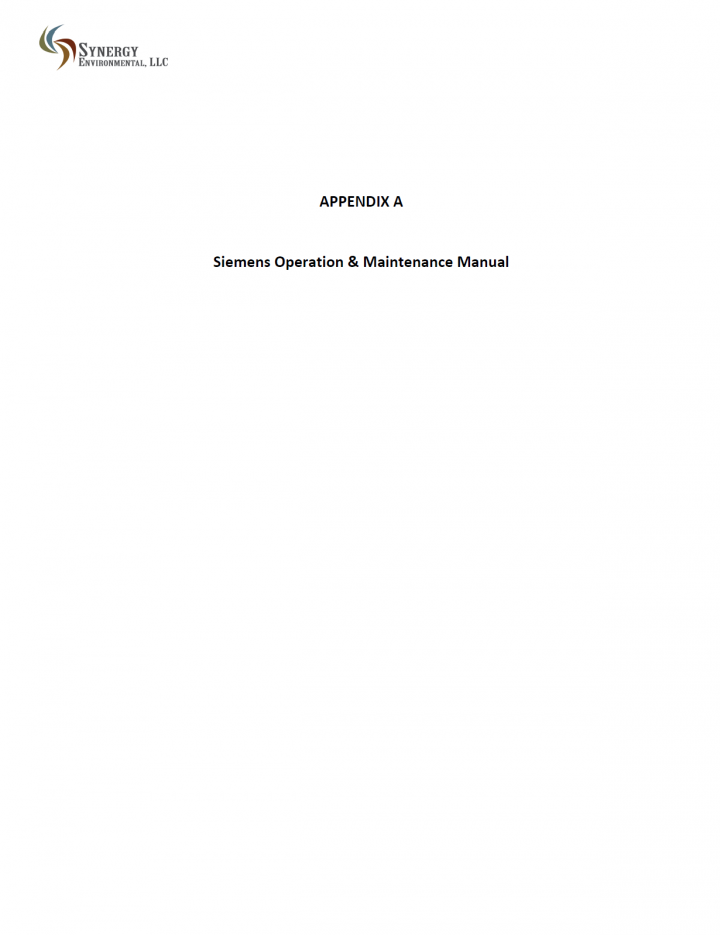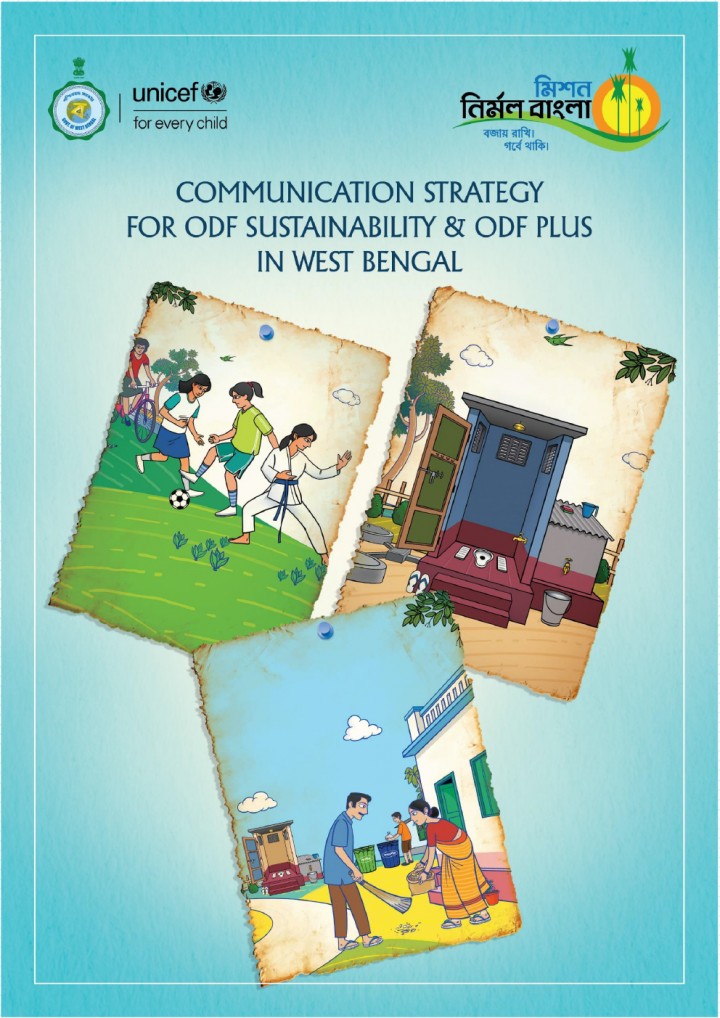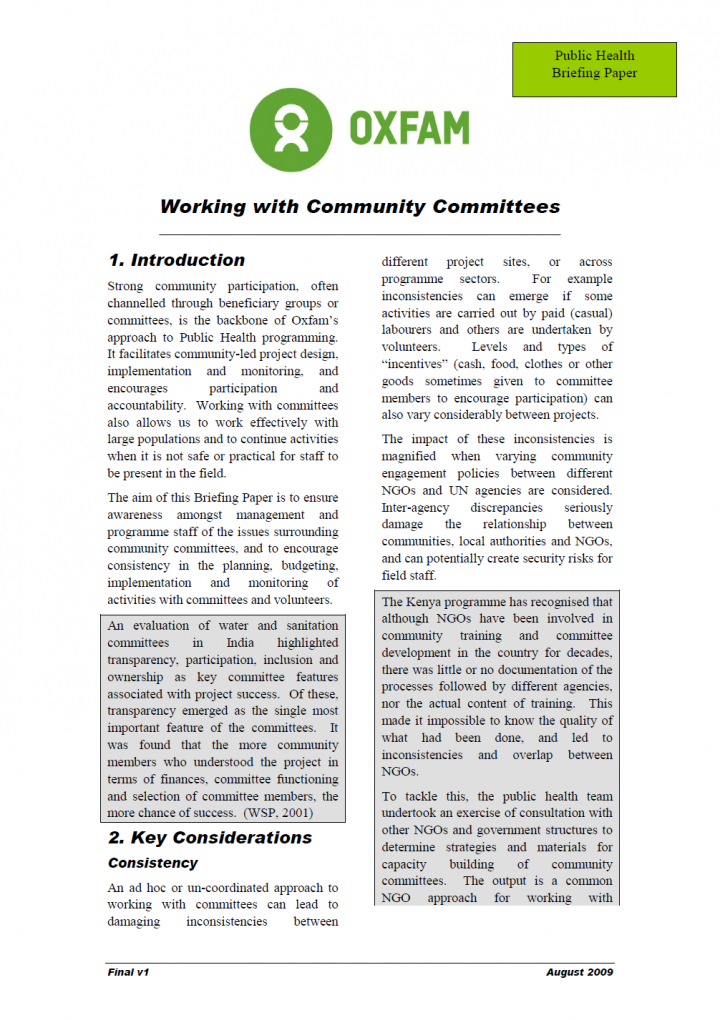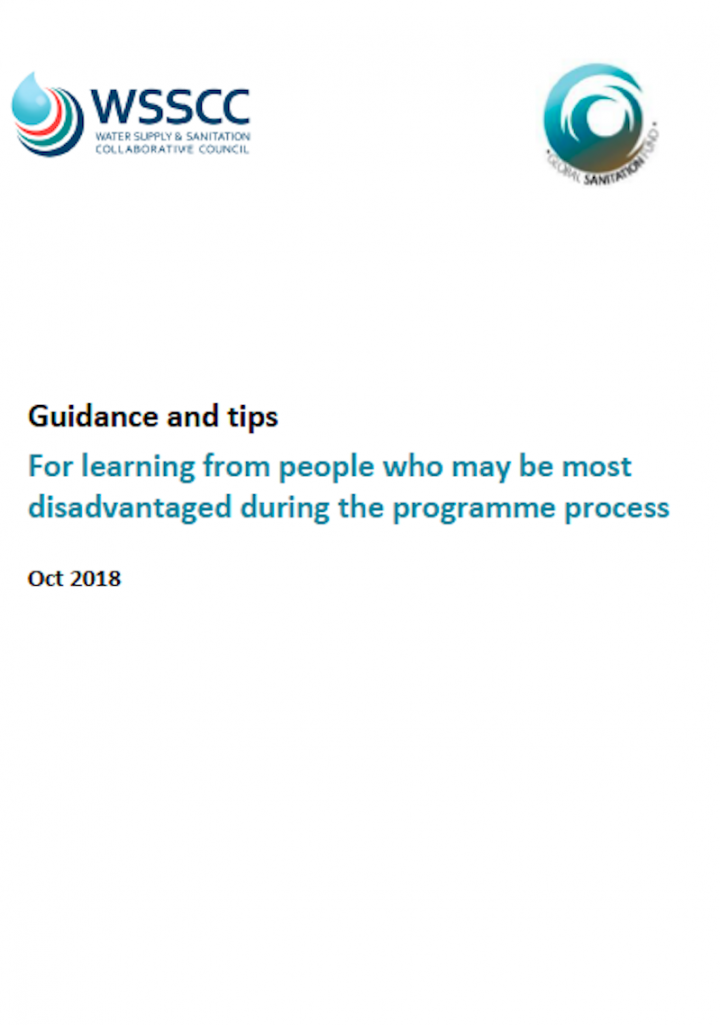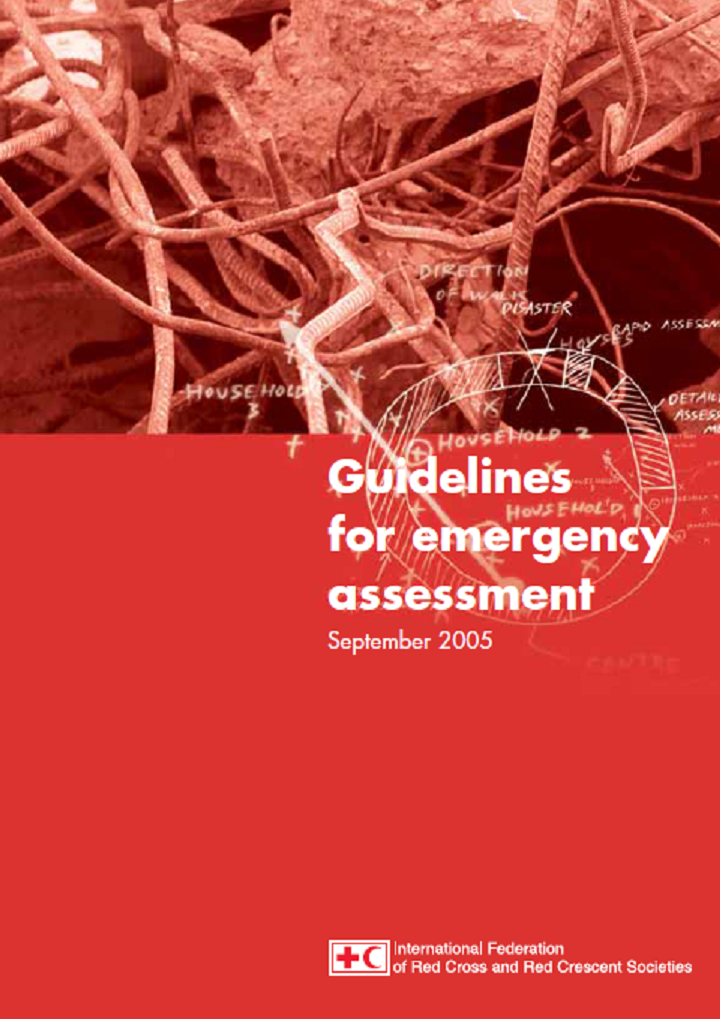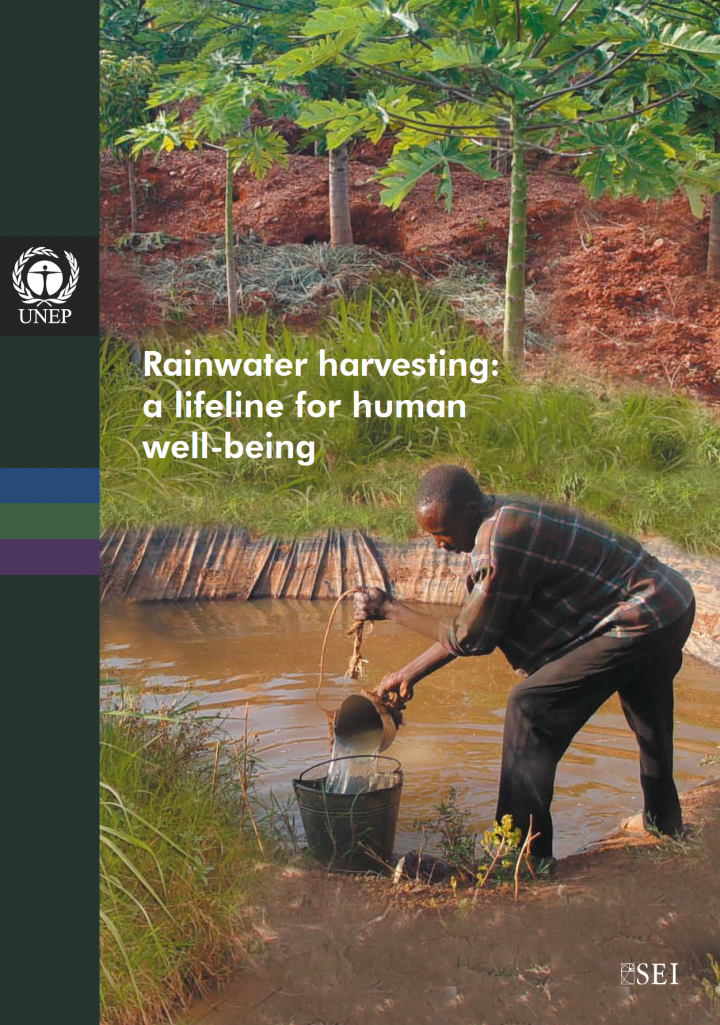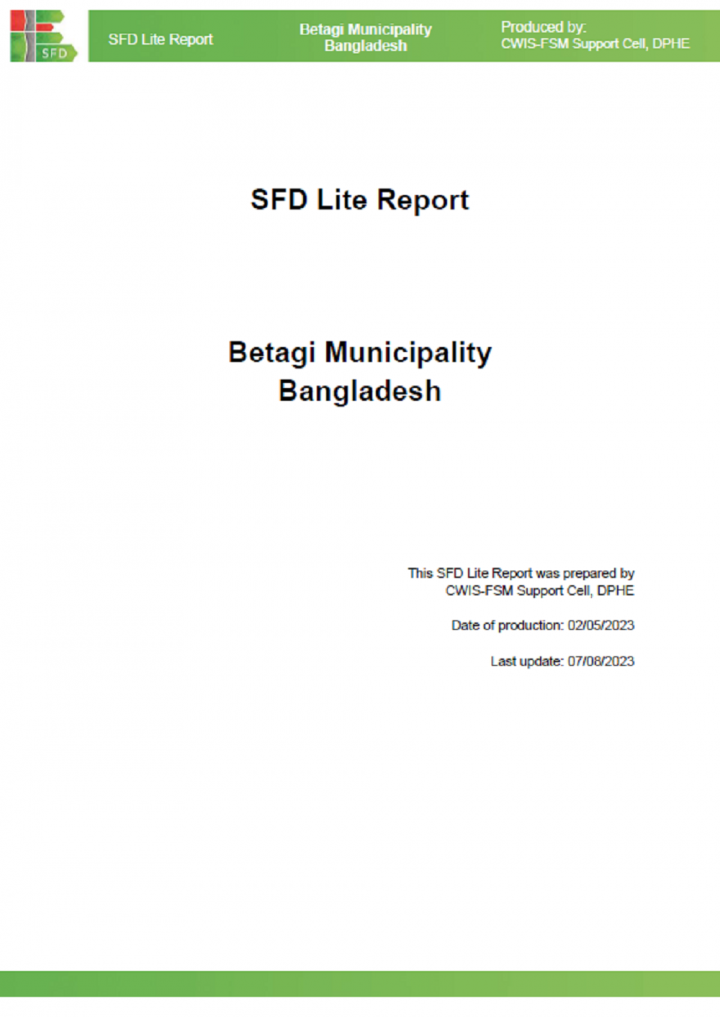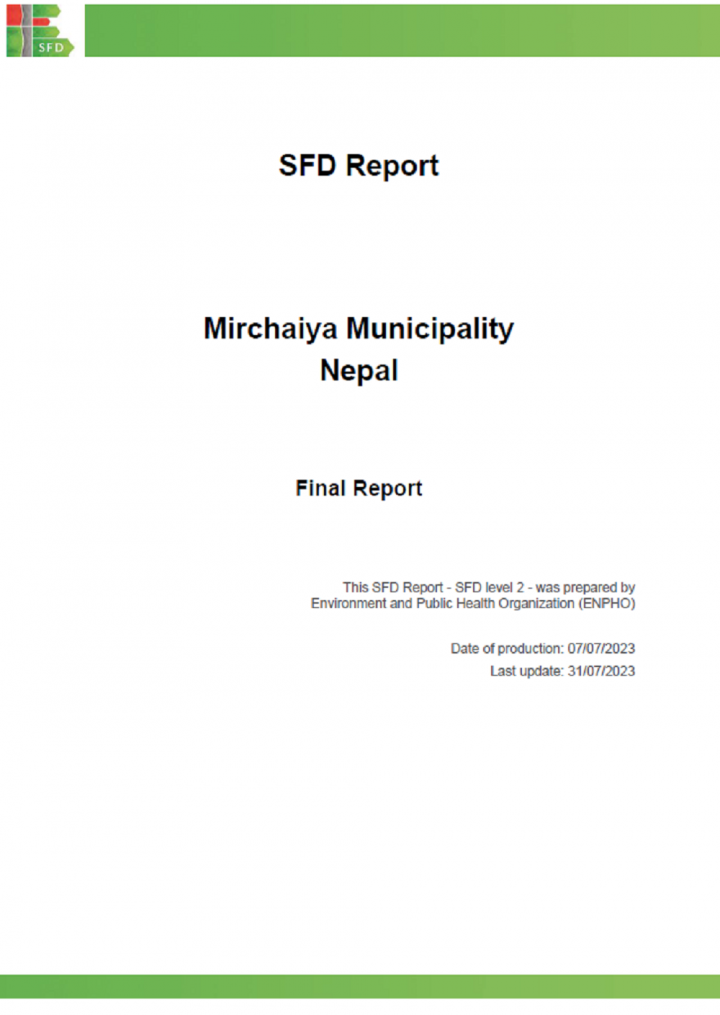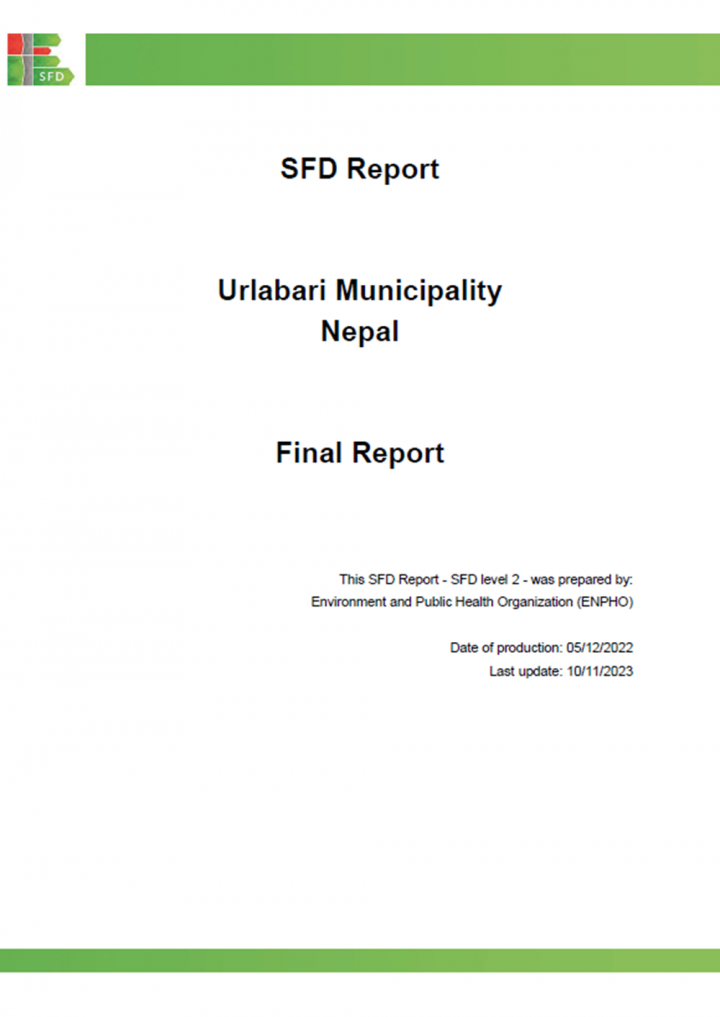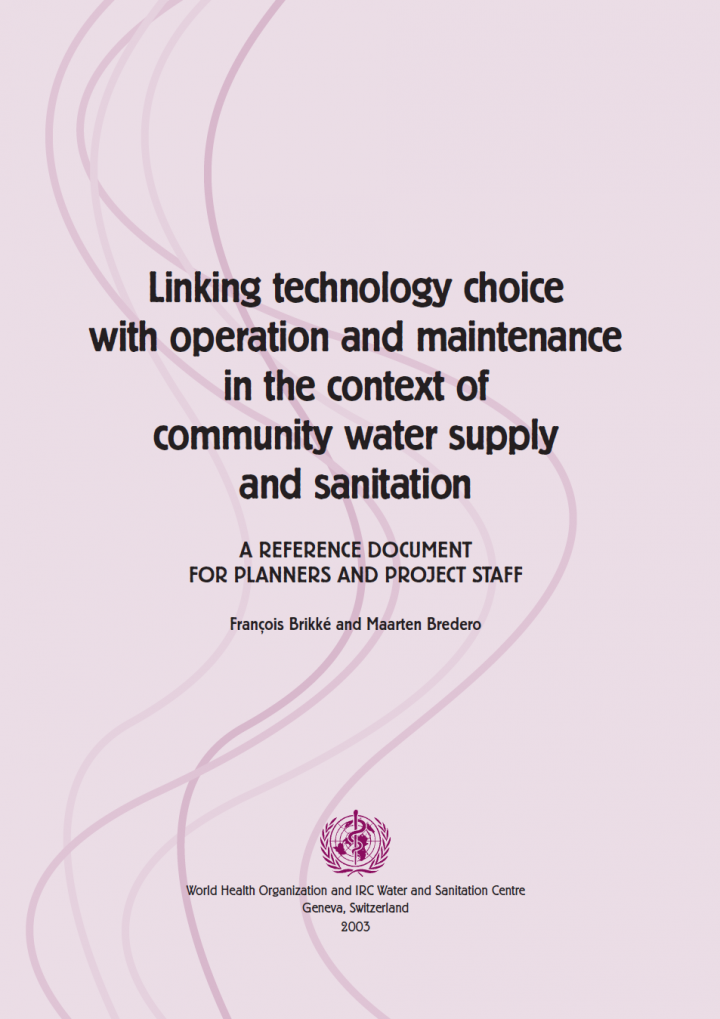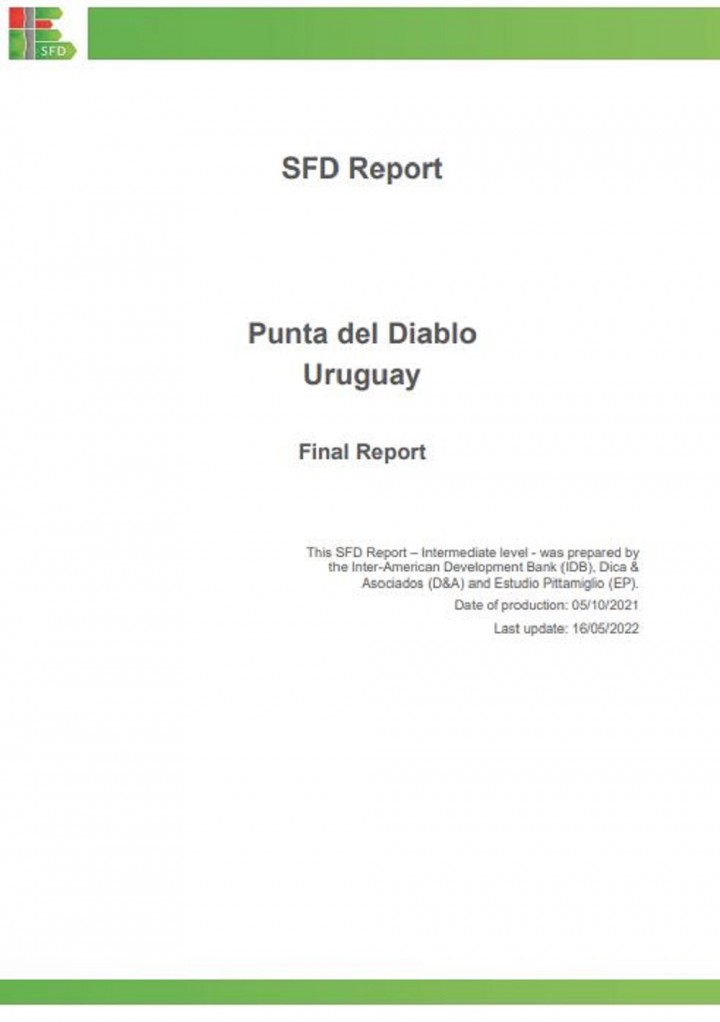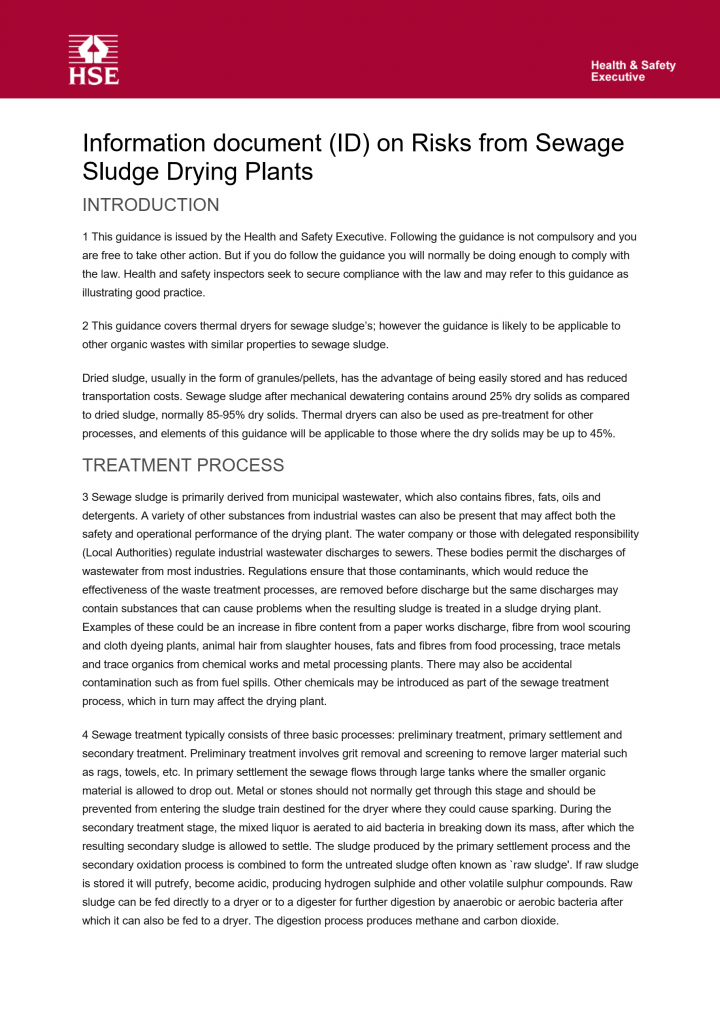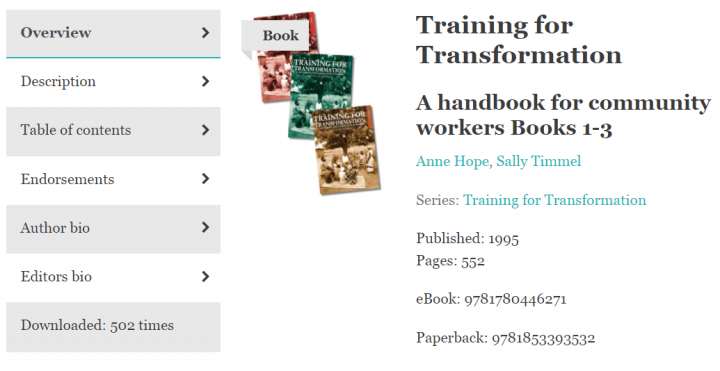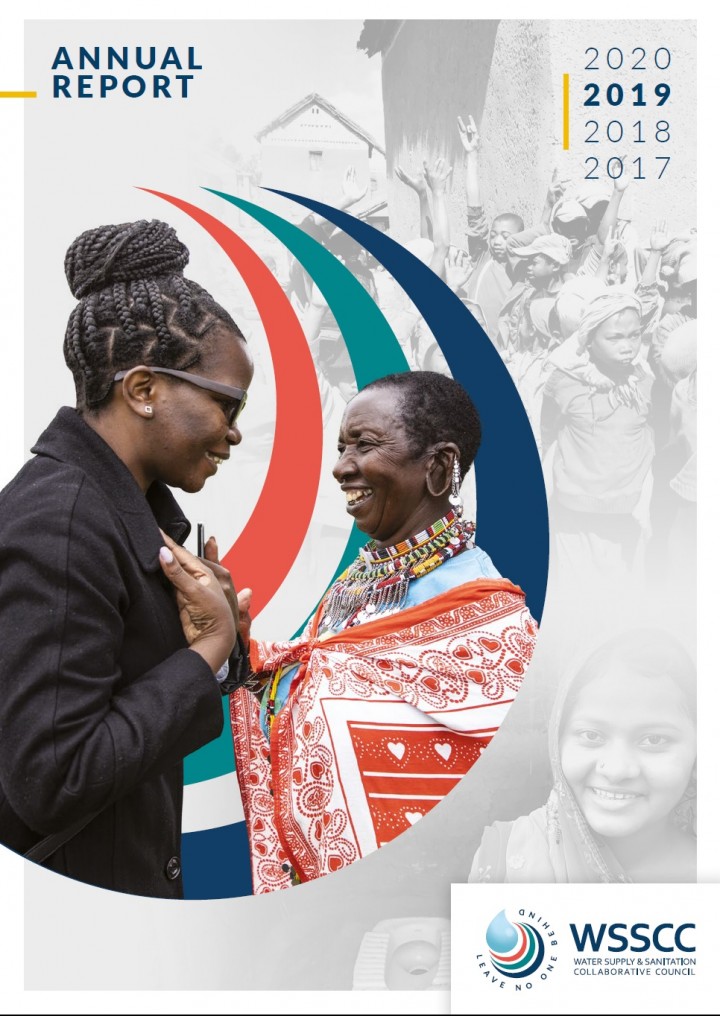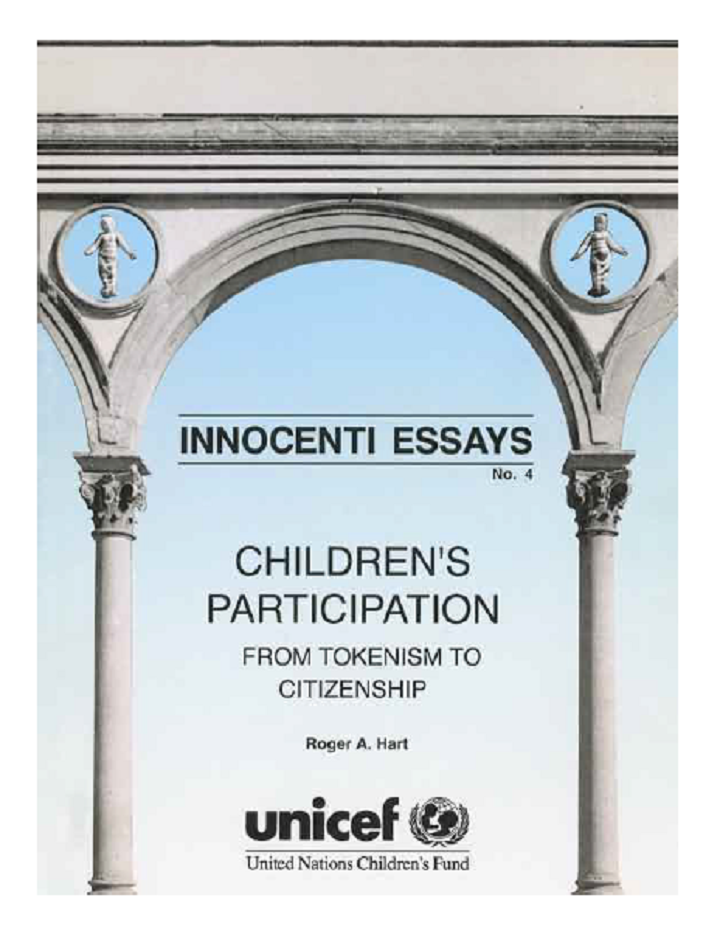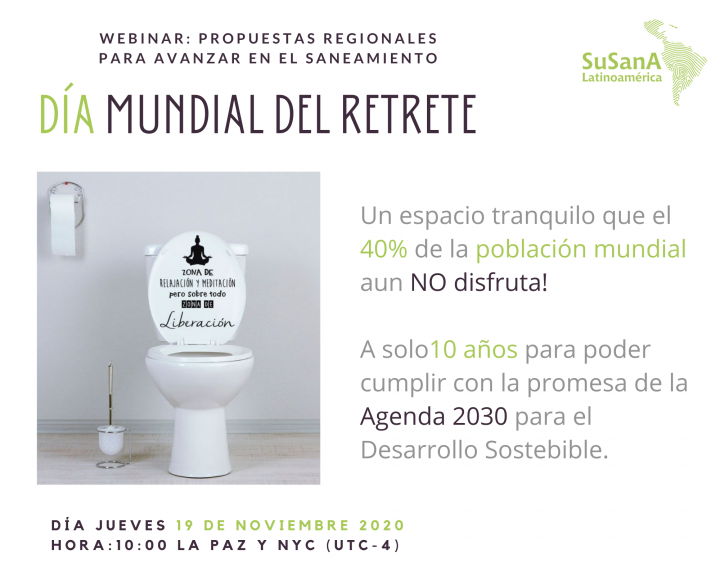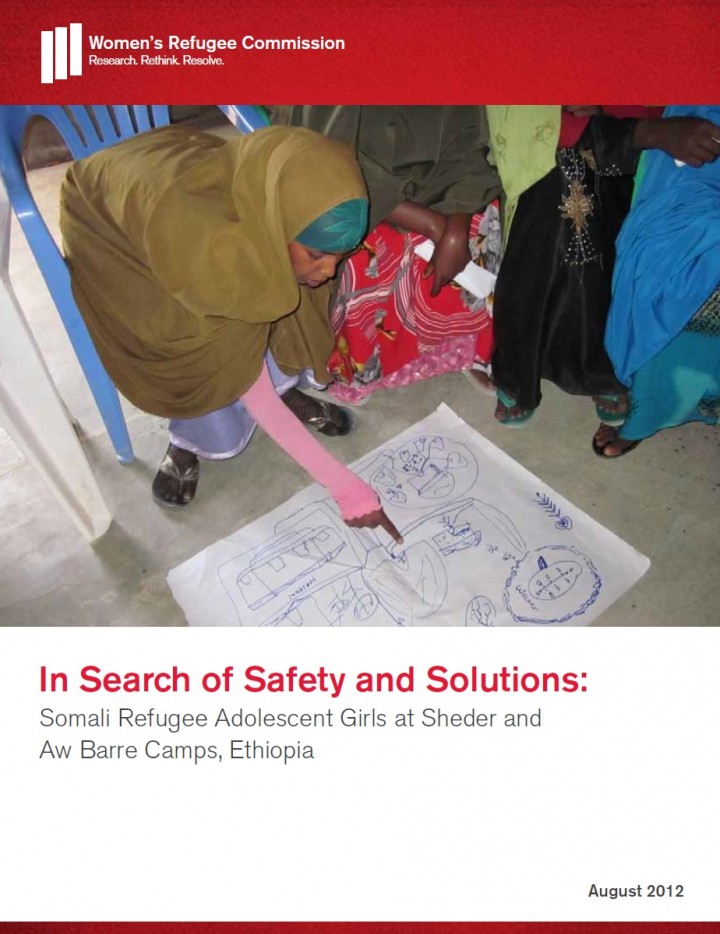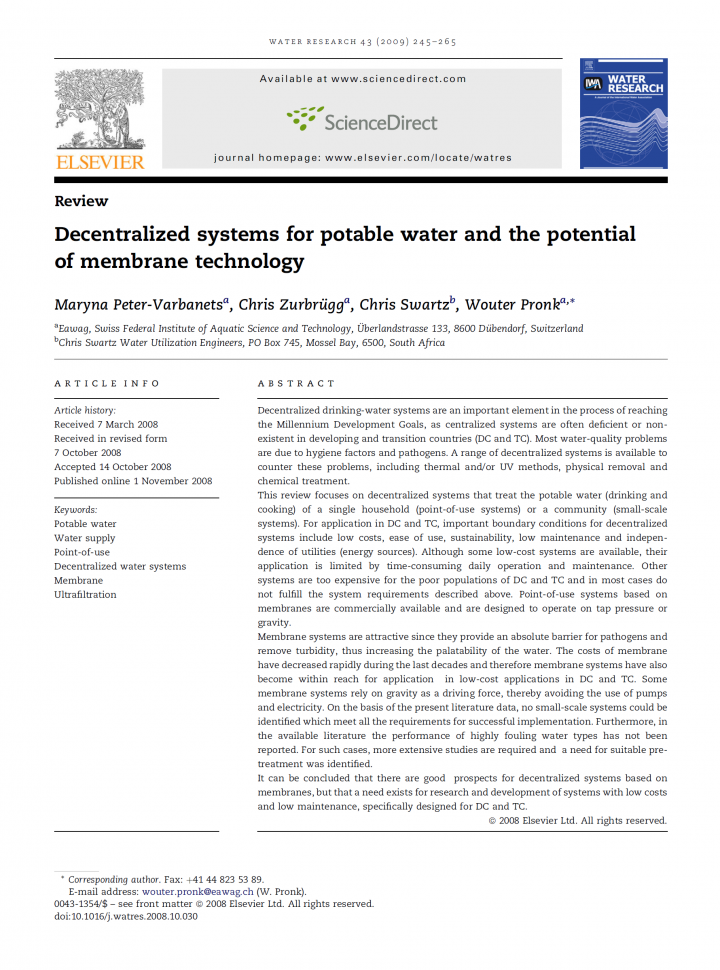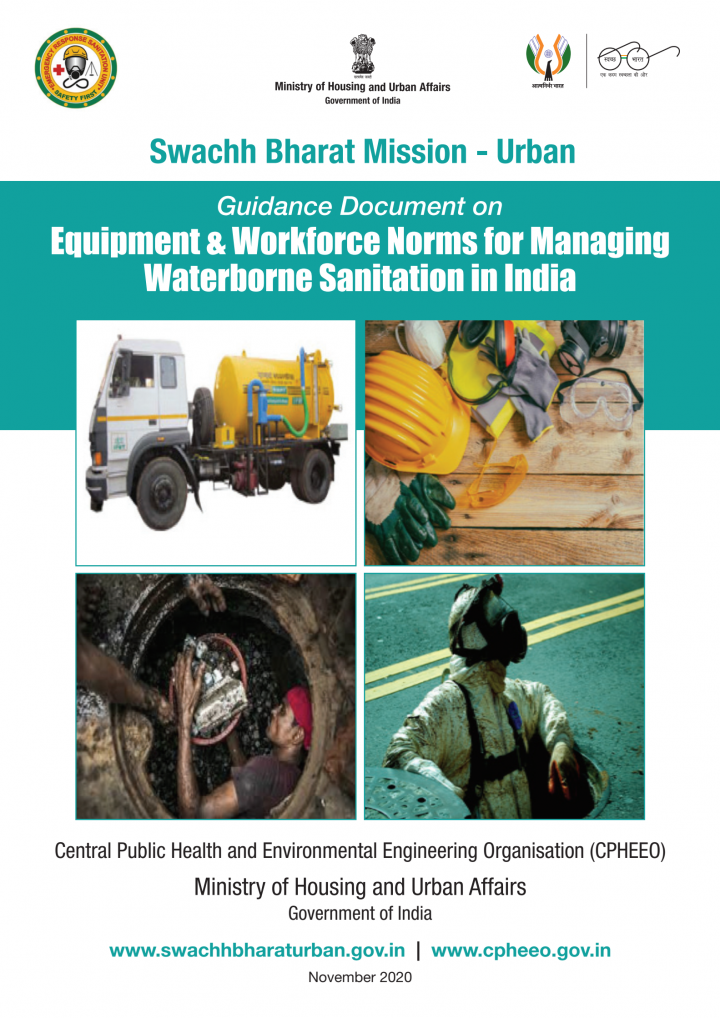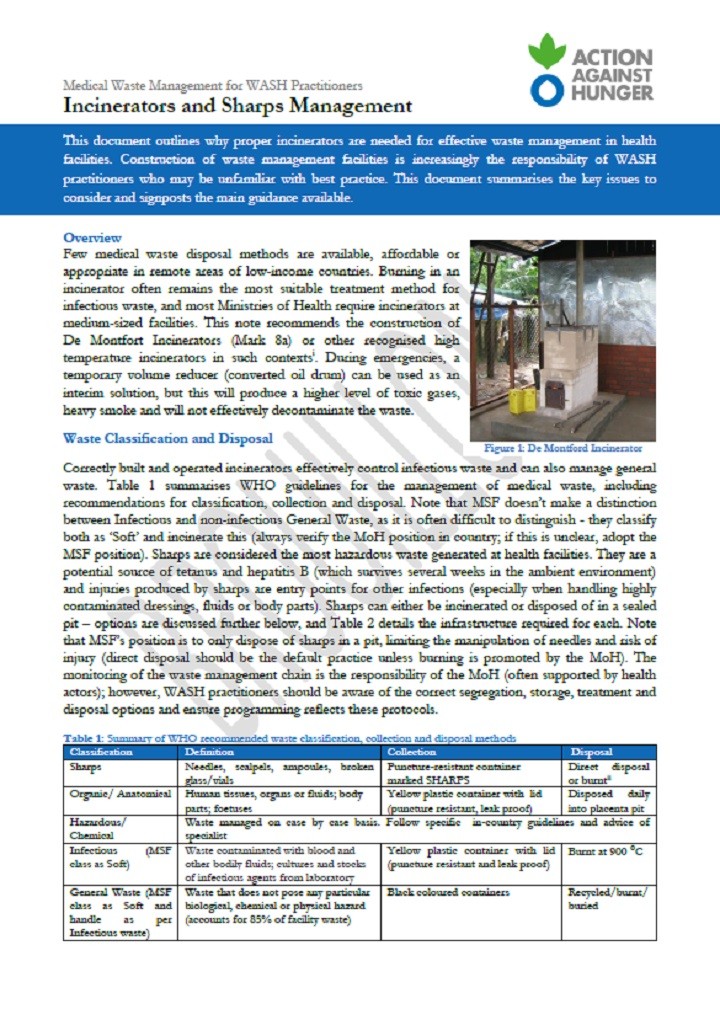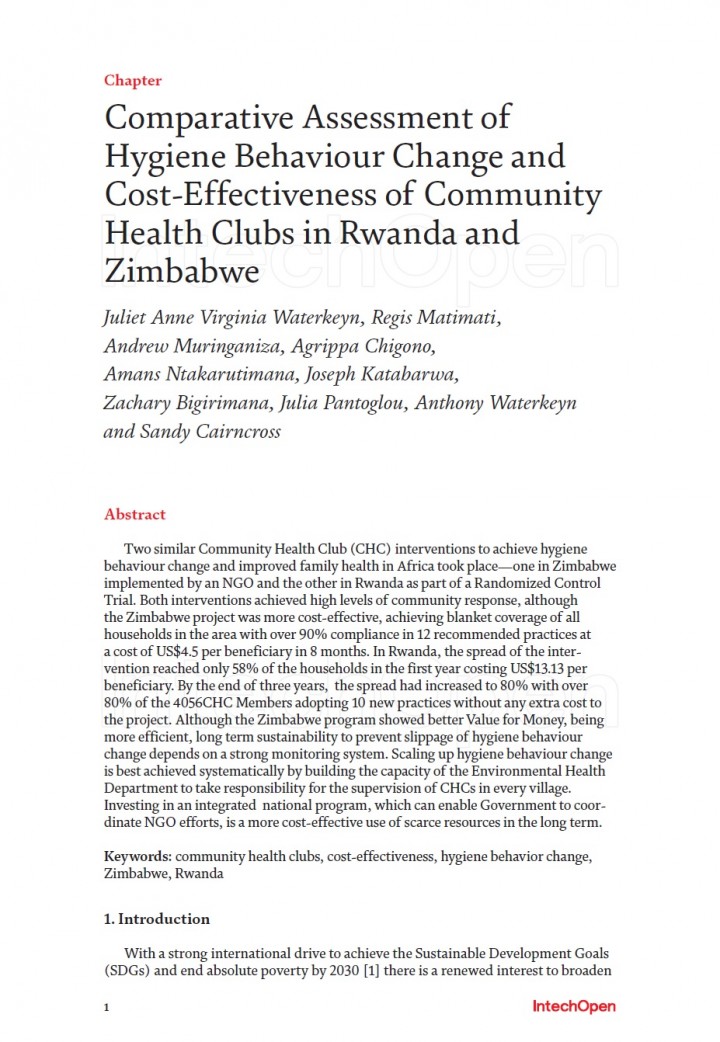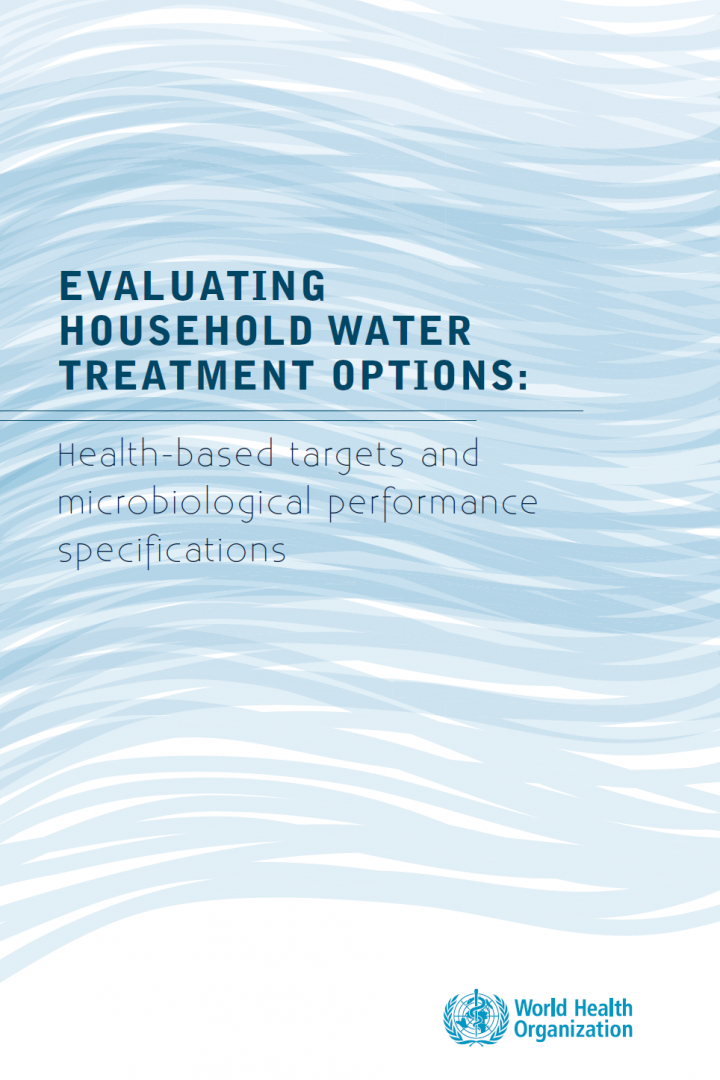Searching for information on Sanitation Workers?
The Sanitation Workers Knowledge + Learning Hub is the best source for all current news, trends, articles and updates on sanitation workers rights around the world.
Education and health go hand in hand. Children need to be healthy to be fit for school. Sadly, too many children in the Philippines are afflicted by everyday ailments that impact largely on their physical and mental development and limit them from getting the most from their education. The majority of Filipino children very often suffers from worm infections, severe tooth decay and from …
This manual covers a general description of the equipment and operating procedures for a HP1220 High Pressure Carbon Adsorption Systems. The Carbon Systems are designed to provide many years of trouble free service. To achieve this, the Carbon System equipment must be properly handled and installed to obtain the desired results. Failure to do so can cause premature equipment malfunctions and/or …
Sustaining the ODF status in all districts of West Bengal is the need of the hour. Starting with the first ODF district- Nadia, which has already gathered considerable experience in ODF Sustainability, the entire State is now progressing from ODF stage to ODF Sustainability stage. The impact of ODF S including sanitation, safe drinking water and improved hygiene practices goes way beyond just …
Strong community participation, often channelled through beneficiary groups or committees, is the backbone of Oxfam‟s approach to Public Health programming. It facilitates community-led project design, implementation and monitoring, and encourages participation and accountability. Working with committees also allows us to work effectively with large populations and to continue activities when …
A practical guide for the Global Sanitation Fund (GSF) supported programme teams and Community Led Total Sanitation (CLTS) facilitators on how to collect information related to Equality and Non-Discrimination (EQND) at community level, and in particular to learn from people who may be disadvantaged. This guide provides insights into the key ethics principles for information gathering and …
1.1 Why is an assessment methodology necessary?
Assessment is a vital element of the programme-planning process. Assessment provides the information on which decisions will be made. Whilst good information does not guarantee a good programme, poor information almost certainly guarantees a bad one. The use of a standard methodology means that information can be compared with data collected during …
Rainfall and soil water are fundamental parts of all terrestrial and aquatic ecosystems which supplies goods and services for human well-being. Availability and quality of water determines ecosystem productivity, both for agricultural and natural systems. There is increasing demand on water resources for development whilst maintaining healthy ecosystems, which put water resources under pressure. …
Betagi Municipality is situated within the Betagi Sub-District (Upazila) in Barguna District (Zila), which is under Barishal Division. The geographical coordinates of Betagi are between 22º 09.45' and 22º 11.52' N and between 90º 11.55' and 90º 13.12' east longitude . It is bordered on the north by the Upazilas of Bakerganj and Rajapur, on the south by the Upazila of Barguna Sadar, on the …
Mirchaiya Municipality is situated in Siraha District of Madhesh Province in the southern region of Nepal. It is divided into twelve wards and covers an area of 91.97 sq. km. It was established on May 18, 2014 by merging the already-existing Village Development Committees (VDCs), Rampur Birta, Malhaniyakhori, Radhopur, Ramnagar, Mirchaiya, Phulbariya, Sitapur Pra. Da., and Madheshpur Gamharia. It …
Urlabari Municipality was declared as municipality on 8th May 2014. The municipality is located in Morang District, Koshi Province. The municipality is divided into nine political wards. The municipality has total 70,908 population with 33,356 males and 37,552 females (Census 2021, n.d.).
Basic sanitation coverage in the municipality is 100%. All the surveyed households in the municipality …
Punta del Diablo is located on the Atlantic Ocean coast of Uruguay in the department of Rocha. The city is made up of six large sub-divisions: Punta del Diablo, Coronilla del Mar, Aldea del Mar, Santa Teresa de la Coronilla, Parque Santa Teresa and Santa Teresa (D&A and EP, 2021). For this report, a total population of 23,128 is estimated. Comprising a resident population of 2,000 people and a …
1 This guidance is issued by the Health and Safety Executive. Following the guidance is not compulsory and you
are free to take other action. But if you do follow the guidance you will normally be doing enough to comply with
the law. Health and safety inspectors seek to secure compliance with the law and may refer to this guidance as
illustrating good practice.
2 This guidance covers …
Three volumes designed to assist workers in the field who are encouraging the development of self-reliant creative communities. The book has as its basic philosophy the belief that we should all participate in making this world a more just place to live in. Training for Transformation integrates the approach of Paulo Freire and how to put his method into practice, Manfred Max Neef's understanding …
The 2019 Annual Report details the achievements and results of the Water Supply and Sanitation Collaborative Council (WSSCC), its members and partners at local, national, regional and global levels. This year has been one of progress and opportunity, as well as reflection and a strategic reset as we conclude our 2017-2020 Strategic Plan and look to the future. We have placed increasing emphasis …
A nation is democratic to the extent that its citizens are involved, particularly at the community level. The confidence and competence to be involved must be gradually acquired through practice. It is for this reason that there should be gradually increasing opportunities for children to participate in any aspiring democracy, and particularly in those nations already convinced that they are …
El tema del Dia Mundial del Retrete 2020 es “No dejar a nadie atras”, la promesa central de la Agenda 2030 para el Desarrollo Sostenible.
Este anno, queremos evidenciar que un retrete no es solo un retrete: salva vidas, salvaguarda la dignidad y crea oportunidades. En la actualidad, 4 200 millones de personas carecen de servicios de saneamiento gestionados de forma segura, 673 millones …
The Women’s Refugee Commission completed a research mission to the Jijiga Somali refugee camps in Ethiopia in April 2012. The research mission was the first of three such missions, which are part of a threeyear global advocacy research project aimed at enhancing the safety and resilience of adolescent girls ages 10 to 16. The purpose of the three-week visit to Ethiopia was to assess Somali …
Decentralized drinking-water systems are an important element in the process of reaching the Millennium Development Goals, as centralized systems are often deficient or non-existent in developing and transition countries (DC and TC). Most water-quality problems are due to hygiene factors and pathogens. A range of decentralized systems is available to counter these problems, including thermal …
This Guidance Document on Equipment & Workforce Norms for Managing Waterborne Sanitation in India
is prepared keeping in view the Safai-mitra Suraksha Challenge, 2021.
All sanitary structures like sewer and septic tanks which manage sewage are susceptible to getting choked at some point of time due to ingress and settling of solids and require regular cleaning or maintenance. Cleaning of sewer …
This document outlines why proper incinerators are needed for effective waste management in health facilities. Construction of waste management facilities is increasingly the responsibility of WASH practitioners who may be unfamiliar with best practice. This document summarises the key issues to consider and signposts the main guidance available.
Two similar Community Health Club (CHC) interventions to achieve hygiene behaviour change and improved family health in Africa took place—one in Zimbabwe implemented by an NGO and the other in Rwanda as part of a Randomized Control Trial. Both interventions achieved high levels of community response, although the Zimbabwe project was more cost-effective, achieving blanket coverage of all …

